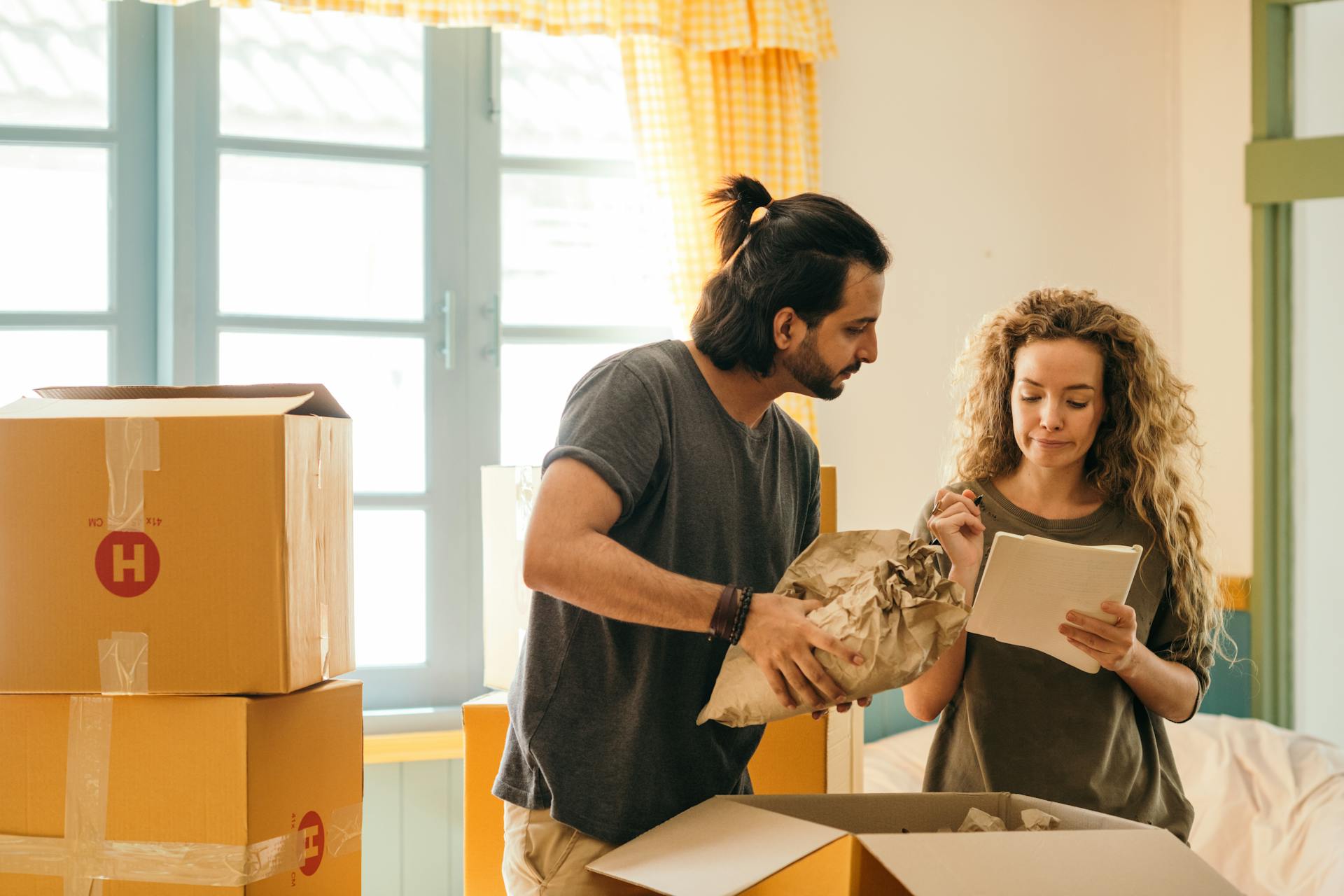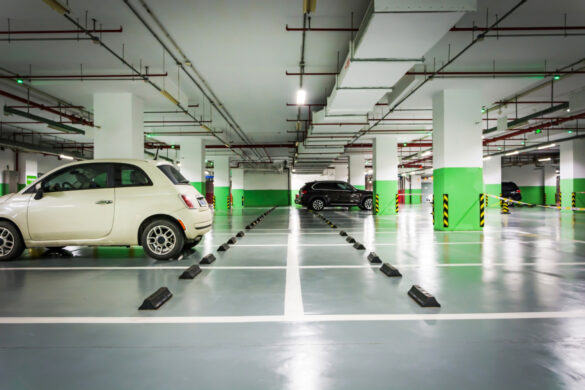 Moving to another country can be exciting, but it’s also a huge job. There’s a lot to think about, and the sooner the planning starts, the smoother it will be. From sorting out your belongings to making sure you have the right documents, every step matters.
Moving to another country can be exciting, but it’s also a huge job. There’s a lot to think about, and the sooner the planning starts, the smoother it will be. From sorting out your belongings to making sure you have the right documents, every step matters.
Start With a Clear Plant
The first thing to do is decide when you’re going and work backwards from that date. Think about how much time you’ll need to organise your home, arrange transport, and get paperwork sorted. It helps to break the move into smaller steps so it doesn’t feel overwhelming.
Make a list of everything you need to do before leaving. Include important things like arranging shipping for your belongings, cancelling local services, and telling banks or other organisations about your move. When there’s a set order, it’s easier to keep track of what’s done and what’s still left.
Sort Out Shipping Early
Getting your belongings to another country isn’t something that can be done last minute. Different shipping options take different amounts of time, so it’s important to plan ahead. Air freight is fast but expensive, while sea freight can take weeks or even months. Choosing the right method depends on your budget, how much you’re sending, and when you need it to arrive.
If you’re sending items to Australia, it can be useful to check out Seven Seas Worldwide for practical shipping solutions. A reliable service can help with packing tips, customs rules, and making sure everything arrives safely. Using an experienced shipping company also means fewer surprises with costs and delivery times.
Before booking, measure the size and weight of what you’re sending. This will help you get accurate quotes and avoid extra charges later. Always check what you can and can’t ship—some countries have strict rules about certain items.
Declutter Before You Pack
The fewer things you move, the easier (and cheaper) it will be. Go through your belongings and decide what to keep, sell, donate, or throw away. Be honest—if something hasn’t been used in years, it’s probably not worth taking overseas.
Focus on keeping items that are either expensive to replace, have sentimental value, or are hard to find in your new country. Furniture and large household items can often be sold and replaced later to save on shipping costs.
Organise Your Paperwork
Moving overseas usually involves a lot of documents. Passports, visas, work permits, medical records, and bank details all need to be up to date and easy to access. Keep both digital and paper copies in case one gets lost.
It’s also worth checking the entry requirements for your destination country. Some places need you to prove you have enough money to support yourself, show proof of health insurance, or provide certain vaccinations. Having this ready before you leave can save a lot of stress at the border.
Plan Your Budget
Relocating isn’t just about the cost of travel and shipping. There can be extra expenses, such as temporary accommodation, storage fees, insurance, and setting up services in your new home. Work out a realistic budget that covers everything so you’re not caught off guard.
Factor in how long it will take to start earning money in your new country. If you’re moving for work, you might have to wait for your first paycheck. If you’re looking for a job after arriving, you’ll need savings to cover living costs in the meantime.
Prepare for the First Few Weeks
Even with perfect planning, it can take time to get fully settled after arriving. Make a checklist for the first weeks, such as setting up a local phone number, opening a bank account, and registering with local services.
Pack an essentials box with things you’ll need right away—clothes, toiletries, chargers, basic kitchen items, and important documents. This will help you manage while waiting for the rest of your belongings to arrive.
Learn About Your New Home
Moving to another country means getting used to a whole new way of living. It’s much easier if you learn a bit about it before you go. Look into how people get around, where the main grocery stores are, and how things like water, electricity, and internet are set up.
It also helps to check out the exact area you’ll be living in. Knowing where the closest hospital, school, or shops are can save a lot of running around later. If possible, join local community groups or expat forums online—you can pick up tips from people who already live there.
Expect Some Adjustment Time
Even if you’re really looking forward to the move, it’s normal to feel a bit unsettled at first. New surroundings, unfamiliar food, or a different climate can take some getting used to.
Give yourself time to find your rhythm. Keep in touch with friends and family back home, but also make an effort to meet people where you are. Having a mix of old and new connections will make it easier to feel settled.
Preparing for a big move overseas is all about planning ahead and staying organised. The more you can arrange before you leave, the smoother your arrival will be. Sorting out shipping, paperwork, and budgets early will give you more time to focus on settling into your new life.
With the right preparation, the move can be less stressful and more exciting—turning a long checklist into a fresh start in a new country.









